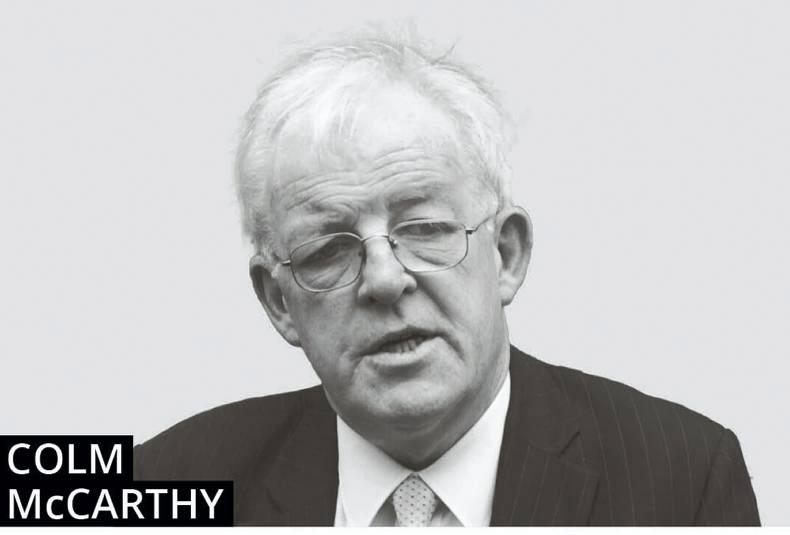The electorate is learning a new piece of economic jargon as the election campaign unfolds – “fiscal space”. This term loosely means how much budgetary room-for-manoeuvre the government might have in future years. The more fiscal space, the greater latitude for manifesto writers to let their imaginations soar and the largesse to flow.
There is, however, no agreed method of measuring fiscal space and accordingly no hope of getting the political parties to agree that Ireland does not possess a whole heap of this valuable commodity. Both Philip Lane, the governor of the Central Bank, and John McHale, the chairman of the Fiscal Council, have been arguing that there is not much fiscal space and have cautioned against premature tax cuts and expenditure commitments.
Since fiscal space depends on economic events that cannot be foreseen, anyone can have an opinion and unduly optimistic opinions cannot be shown, in advance, to be mistaken. If things go well over the next five years, there could be plenty of fiscal space. If things go poorly, given the big overhang of public debt, there will be no room for manoeuvre and no alternative to another round of budget tightening. Make sure to ask the canvassers about this possibility when they come calling.
The EU has constructed a new system of budget rules, including a constraint on the growth of public spending. On previous form these rules will be enforced only if the first country to break them is small enough – the pre-crisis budget rules were first breached by France and Germany. They were promptly forgiven, and the rules relaxed. But EU rules could be deemed to apply to any of the smaller countries, including Ireland. However, Ireland is unlikely to be in the firing line. The favourites to get into trouble first include large members such as Italy and France, which would present the opportunity to re-write the rules again.
Worrisome
Far more worrisome for Ireland would be a renewal of the eurozone financial crisis. The funds the Government has been borrowing since exit from the troika programme at the end of 2013, to finance deficits and the roll-over of maturing debt, has come from the bond market. That source could seize up again for countries with heavy debts, forcing them into ill-timed budget cutbacks. The real constraint on Ireland is the availability of funding rather than the small print of EU rules. This is what motivates the precautionary arguments of professors Lane and McHale, and they are not alone. The European Commission, the IMF and the OECD, the Paris-based intergovernmental think-tank, have offered similar advice. It should be emphasised that their advice is particularly relevant for a country with no currency of its own. There is no capacity, in a squeeze, to create liquidity for either the banking system or for the government. The case for caution in budget policy is not so persuasive for countries that have low debts and have retained their own currency. It is easier to adjust and the cost of making mistakes is lower. Unfortunately Ireland has high debt and no currency, so the penalty for getting things wrong could be severe.
The election campaign is likely to be dominated, at least in the early stages, by a contest of promises, with different parties offering tax cuts and extra public spending on their favourite programmes. There will be little talk about the longer-term problems of the economy. It will be particularly interesting to hear if any of the parties are willing to address the dysfunctional housing policy, particularly given the role played by excesses in housing finance in creating the financial collapse. Housing is quite affordable in most parts of Ireland and there are many areas where they can be bought for less than the cost of construction. But in Dublin, starter homes are costing double the cost of construction and even more. There is an acute problem of supply in the outer suburbs and houses are unaffordable for people on average incomes. Two of the parties have already given some guidance as to their thinking on this issue. Fianna Fail wants to restore mortgage interest relief, while Labour has promised to bring back the first-time buyer’s grant. Both measures would raise prices and make the problem worse, through stoking demand and doing nothing about supply. House prices in Dublin are too high and need to be reduced. Will any party face the music on housing?




SHARING OPTIONS